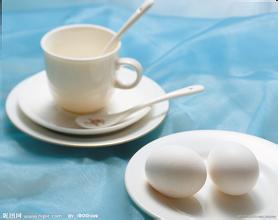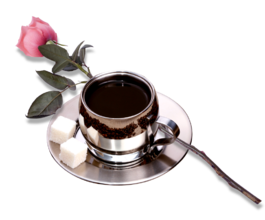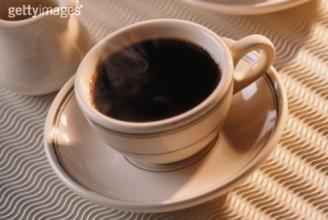Description of Coffee Culture and Flavor in Ethiopia and varieties planted at altitude
Description of Coffee Culture and Flavor in Ethiopia and varieties planted at altitude
The Buna ceremony in Ethiopia is a long process, with an average of about 1.5 hours. The ceremony, which takes place every day, aims to come to the conclusion that it may be a marriage proposal or a mediation of family conflict.
The first is roasted coffee beans. When the coffee beans are roasted, the women (often dressed up) put the coffee beans into the pot and let everyone smell the coffee beans. And then I started making coffee.
The first cup in the ceremony is called ABOL, which is the most important and the worst. If you are resolving a conflict, you must bravely drink this drink and state your point of view.
The second cup is called Tona, boiled again with water, and the taste is still strong. If the other person accepts his or her own point of view, he will drink it up. If the other party doesn't drink, there won't be a third drink.
In Ethiopia, you can refuse to attend the wedding, but you must not refuse to attend the coffee ceremony, and being invited to the coffee ceremony is recognized and accepted by the local people.
Harald is an ancient city with a long history and one of the four holy cities of Islam. Harald was once the historical capital of Ethiopia.
In the era of underdeveloped means of transportation, especially in the era of horses as the main means of transportation, high-quality thoroughbred horses have become the goal that people pursue and aspire to, while Harald in Ethiopia has the best thoroughbred horses in the world. so their initial classification of coffee was that "quality coffee is as important as horses of purebred blood."
So the bags of Harald coffee beans we saw still have pictures of horses on them. This traditional packaging has been maintained until now. The appearance and taste of Harald coffee itself can be seen as a high grade.

Important Notice :
前街咖啡 FrontStreet Coffee has moved to new addredd:
FrontStreet Coffee Address: 315,Donghua East Road,GuangZhou
Tel:020 38364473
- Prev

Introduction to the difference between the flavor and taste of Salvadoran coffee beans
El Salvador coffee beans flavor how price taste differences Central American countries are generally based on the altitude to distinguish the quality of the grade, such as Costa Rica, Guatemala, Mexico, Honduras and other countries. Similarly, El Salvador is graded by altitude. In high altitude areas, due to the cold climate and slow growth of coffee, raw beans
- Next

Panamanian Flower Butterfly Coffee Bean washing method proportion Flavor description of taste producing area
Panamanian Flower Butterfly Coffee Bean washing method proportion Flavor description on the basis of excellent quality, the very friendly price of this coffee bean makes this coffee bean cost-effective. What is special about this coffee bean is that it is made up of three varieties, of which 40% are rosy summer varieties, giving this coffee a distinct rosy summer flavor. The information obtained after inspection shows that due to
Related
- Detailed explanation of Jadeite planting Land in Panamanian Jadeite Manor introduction to the grading system of Jadeite competitive bidding, Red bid, Green bid and Rose Summer
- Story of Coffee planting in Brenka region of Costa Rica Stonehenge Manor anaerobic heavy honey treatment of flavor mouth
- What's on the barrel of Blue Mountain Coffee beans?
- Can American coffee also pull flowers? How to use hot American style to pull out a good-looking pattern?
- Can you make a cold extract with coffee beans? What is the right proportion for cold-extracted coffee formula?
- Indonesian PWN Gold Mandrine Coffee Origin Features Flavor How to Chong? Mandolin coffee is American.
- A brief introduction to the flavor characteristics of Brazilian yellow bourbon coffee beans
- What is the effect of different water quality on the flavor of cold-extracted coffee? What kind of water is best for brewing coffee?
- Why do you think of Rose Summer whenever you mention Panamanian coffee?
- Introduction to the characteristics of authentic blue mountain coffee bean producing areas? What is the CIB Coffee Authority in Jamaica?

